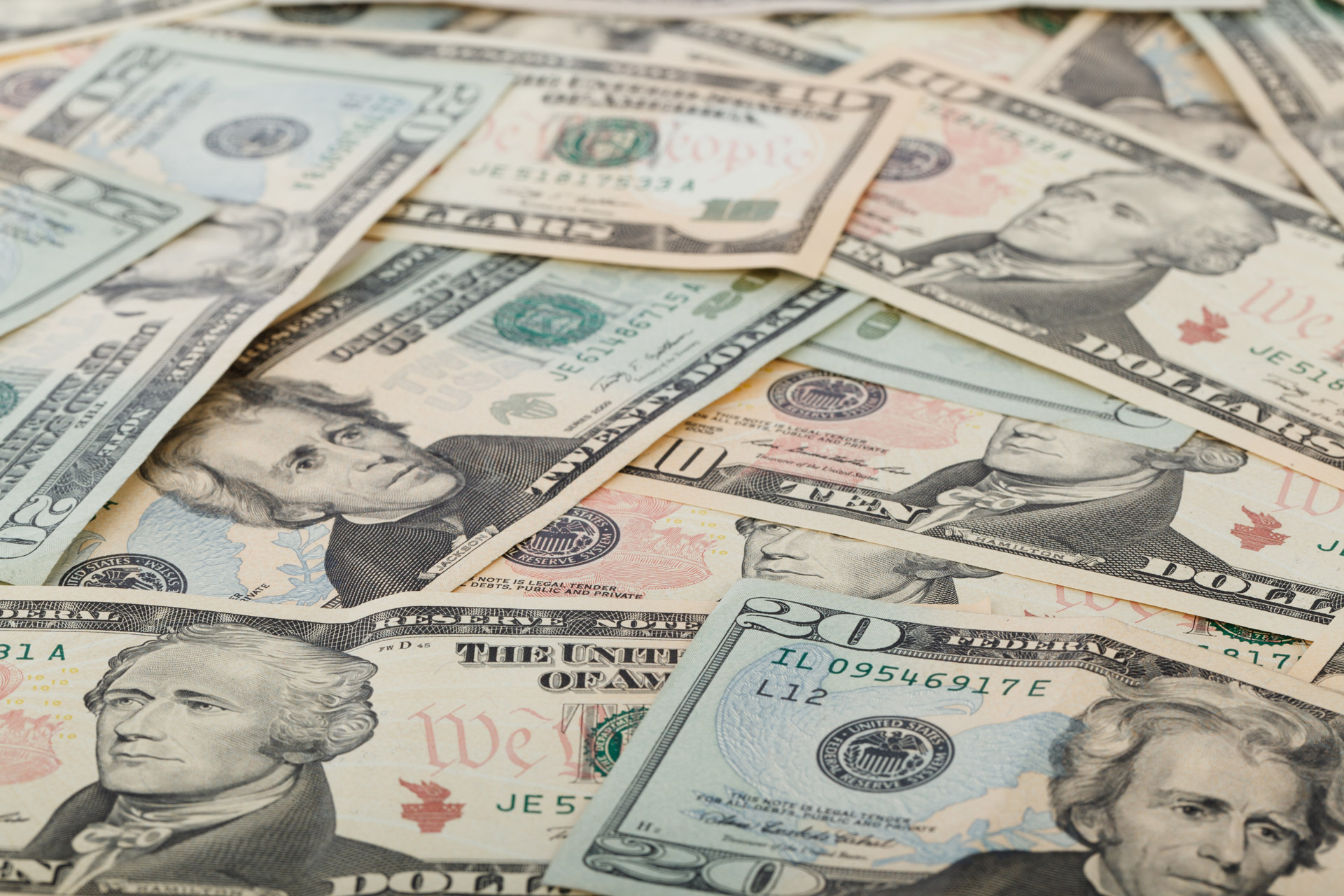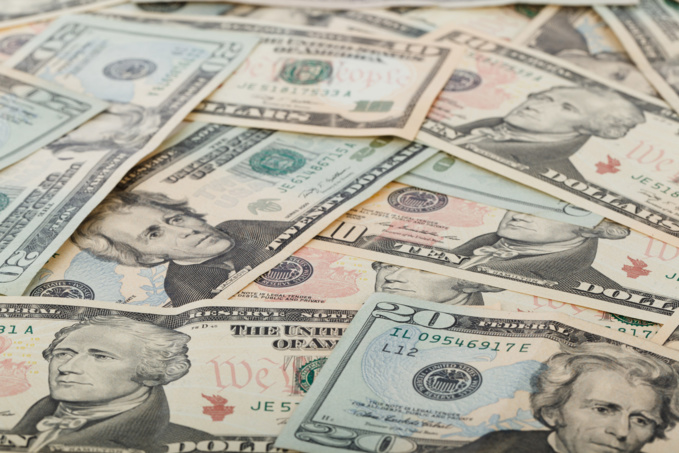OECD has introduced an updated macroeconomic forecast with improved GDP of the world. Global GDP will rise by 3.3% (against 2.9% in 2016), and by 3.6% - in 2018. Forecasts for the United States (up 2.3% in 2017 and to 3% in 2018) and for the euro area (1.6% and 1.7%, respectively) have been revised upwards. The changes also concerned the UK, but even improved forecast for two following years shows growth lower than in 2016 (1.2% and 1%). As for China, its forecast has also been improved, including for this year (up 6.7%), yet further growth will slow to 6.4% in 2017 and 6.1% in 2018.
During last few years, the world’s economy was "trapped in low growth" with an unsatisfactory result in 3%. Lower trade and investment indicators affected level of labor productivity and wages needed to maintain steady growth of consumption, explained the OECD. Nevertheless, the organization believes that effective fiscal measures will spur economic activity. Experts predict that introduction of a fiscal plan (tax cuts, the growth of state investments) of the new US administration will trigger increase in global GDP by 0.1% in 2017 and 0.3 % in 2018.
As for the global financial market, Donald Trump’s presidency is expected to result in lower taxes and increased government spending on defense and infrastructure. This, in turn, will lead to an increase in public debt, growth of government borrowings (which declined in relation to GDP during Barack Obama’s term). One of the consequences will be acceleration of inflation, which will prompt the Fed to eventually raise interest rates. As a result, the dollar will rise, and commodity prices will either remain unchanged or will fall. The rate’s growth will increase capital outflows from developing countries in the United States. These countries may also face a reduction in raw material prices and sluggish international trade due to enhanced protectionist policies of the US.
Conversely, there is another case scenario for the world market. Donald Trump said during a pre-election TV debate that interest rate raised by the Fed would play a very negative role in American economic growth under current conditions. Thus, if President ratchets up pressure the Fed, it may countenance some acceleration of inflation, upon condition of increasing employment. In addition, even before Trump’s victory, Fed stressed that issue of changing the interest rate depends not only on the state of the US economy, but also on state of the global economy. If the latter is volatile, the increase should be avoided. Without it, there would not be strengthening of the dollar, capital flows to the United States and fall in world commodity prices.
In any case, President Trump is an enemy of globalization, and that is why financial markets are paying great attention to the US now.
source: bloomberg.com, reuters.com
During last few years, the world’s economy was "trapped in low growth" with an unsatisfactory result in 3%. Lower trade and investment indicators affected level of labor productivity and wages needed to maintain steady growth of consumption, explained the OECD. Nevertheless, the organization believes that effective fiscal measures will spur economic activity. Experts predict that introduction of a fiscal plan (tax cuts, the growth of state investments) of the new US administration will trigger increase in global GDP by 0.1% in 2017 and 0.3 % in 2018.
As for the global financial market, Donald Trump’s presidency is expected to result in lower taxes and increased government spending on defense and infrastructure. This, in turn, will lead to an increase in public debt, growth of government borrowings (which declined in relation to GDP during Barack Obama’s term). One of the consequences will be acceleration of inflation, which will prompt the Fed to eventually raise interest rates. As a result, the dollar will rise, and commodity prices will either remain unchanged or will fall. The rate’s growth will increase capital outflows from developing countries in the United States. These countries may also face a reduction in raw material prices and sluggish international trade due to enhanced protectionist policies of the US.
Conversely, there is another case scenario for the world market. Donald Trump said during a pre-election TV debate that interest rate raised by the Fed would play a very negative role in American economic growth under current conditions. Thus, if President ratchets up pressure the Fed, it may countenance some acceleration of inflation, upon condition of increasing employment. In addition, even before Trump’s victory, Fed stressed that issue of changing the interest rate depends not only on the state of the US economy, but also on state of the global economy. If the latter is volatile, the increase should be avoided. Without it, there would not be strengthening of the dollar, capital flows to the United States and fall in world commodity prices.
In any case, President Trump is an enemy of globalization, and that is why financial markets are paying great attention to the US now.
source: bloomberg.com, reuters.com



















